Every nation, every space program has a rocket that describes it, a system signature to it, something that when you see, you immediately think of that agency. For the US it's probably the Space Shuttle, for USSR it's definetely the Soyuz, and for France, it's the Ariane 5. For India, however, it's the PSLV, or Polar Satellite Launch Vehicle.
As India had already learnt by the '70s, satellite communications were an extremely useful and important technology, especially for a nation with such underdeveloped infrastructure like India. PSLV (and the ASLV) were born from the need to launch heavier satellites into higher orbit, to establish a satcom network above the subcontinent. It is the epitome of the 'I made it from what I had laying around' psychology. Every technology implemented in the rocket was a development or an adaptation of what was already used either by India or by other nations on other systems. The Vikas engine of the second stage is, of course, a development of the French Viking. The SRB technology bases heavily upon earlier Indian rockets, like the SLV and the ASLV. All of this meant that the rocket was very, very cheap. In its most powerful and expensive configuration, the PSLV-XL it only costs 18 million dollars (or 153 crore rupees) for a launch, only recently beaten in terms of cost per kilo by the Falcon 9. This made the rocket one of the most prolific rideshare mission providers, and for some time it held the record for the most satellites launched in a single mission (104!), beating the previous record by a landslide. It was also used for the Indian Lunar and Martian exploration missions, launching the Manglayaan and the Chandrayaan spacecraft.
Post Scriptum - this craft uses Vanilla Thrust Vector Control for solid rocket motors on its first and third stage. It is a cool system, i'd appreciate you giving your opinion on the idea!
GENERAL INFO
- Created On: Windows
- Game Version: 1.3.204.1
- Price: $12,115k
- Number of Parts: 262
- Dimensions: 49 m x 10 m x 10 m
PERFORMANCE
- Total Delta V: 9.0km/s
- Total Thrust: 10.2MN
- Engines: 23
- Wet Mass: 3.5E+5kg
- Dry Mass: 39,656kg
STAGES
| Stage | Engines | Delta V | Thrust | Burn | Mass |
|---|---|---|---|---|---|
| 1 | 5 | 3.8km/s | 7.7MN | 1.7m | 3.34E+5kg |
| 2 | 2 | 257m/s | 1.3MN | 62s | 3.34E+5kg |
| 3 | 0 | 0m/s | 0N | 0s | 2.68E+5kg |
| 4 | 0 | 0m/s | 0N | 0s | 2.35E+5kg |
| 5 | 1 | 2.6km/s | 879kN | 75s | 36,328kg |
| 7 | 1 | 1.5km/s | 264kN | 47s | 11,599kg |
| 8 | 2 | 790m/s | 17kN | 3.5m | 5,156kg |
3 Comments
- Log in to leave a comment
-
4,117 KuiperTechnologies8 months ago
Wasn’t the PSLV (heavily) based on US Delta II technology? Also, what system(launch pad) are you using?
-

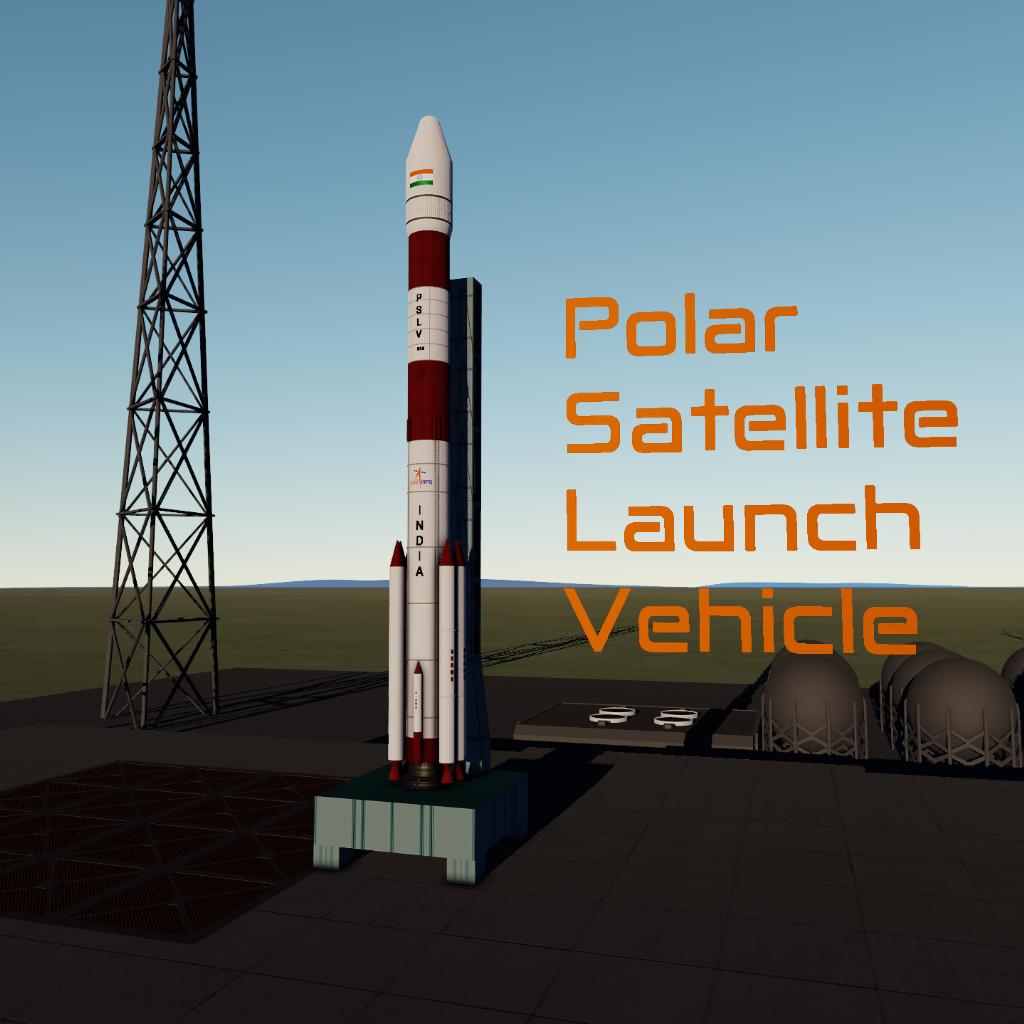
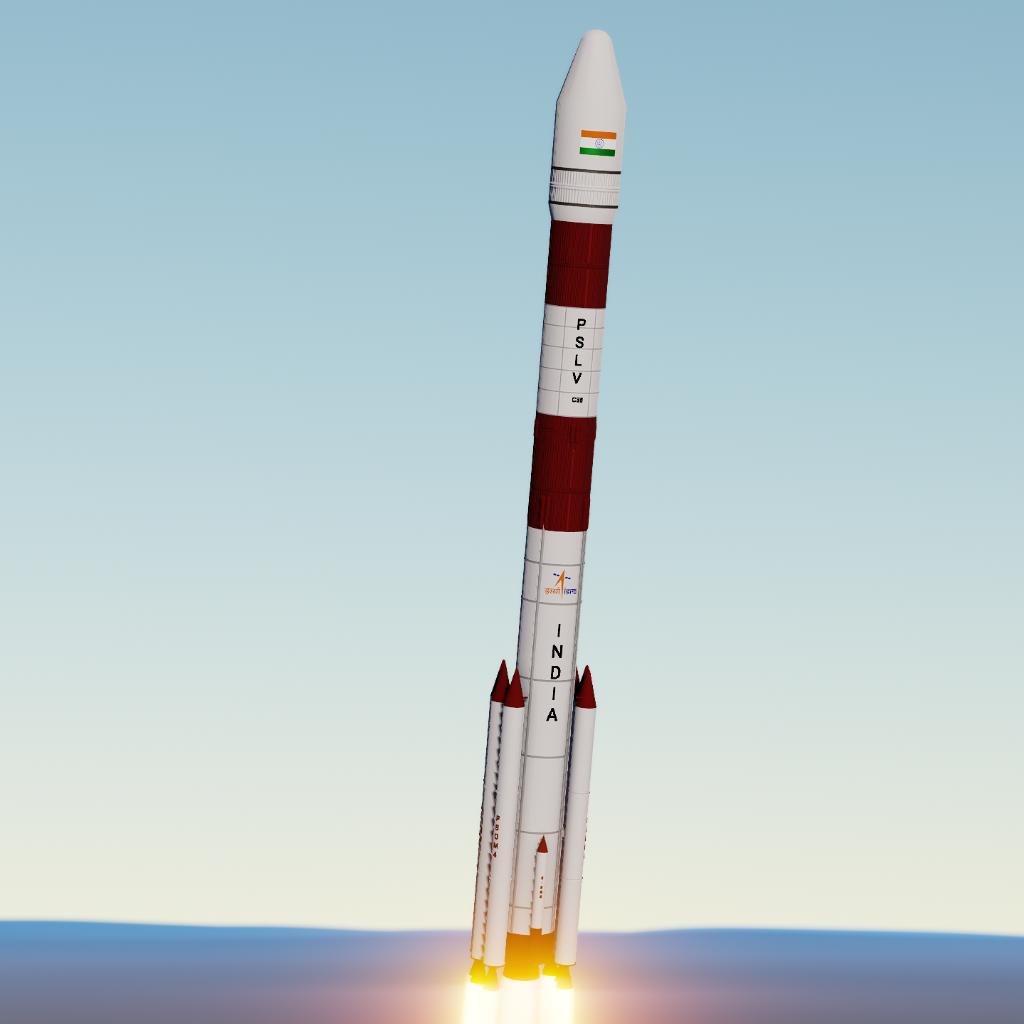
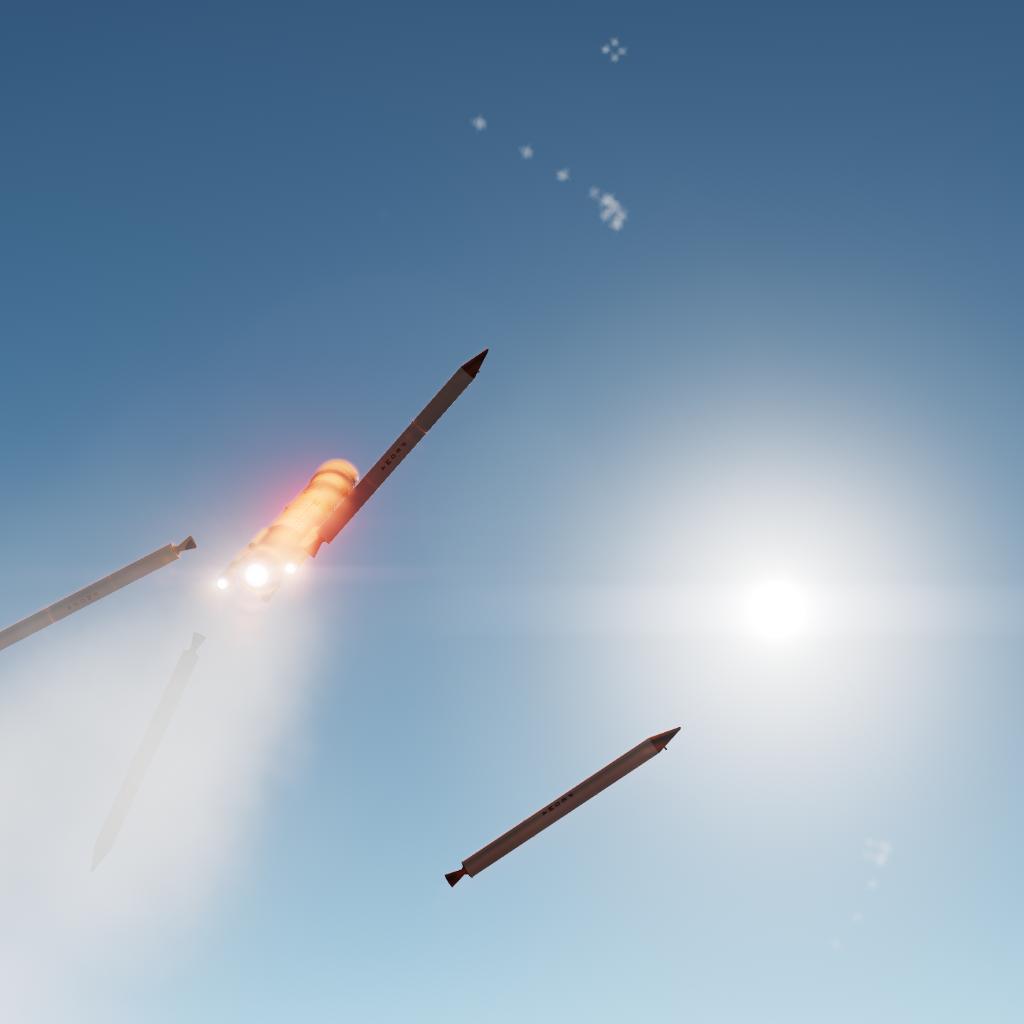
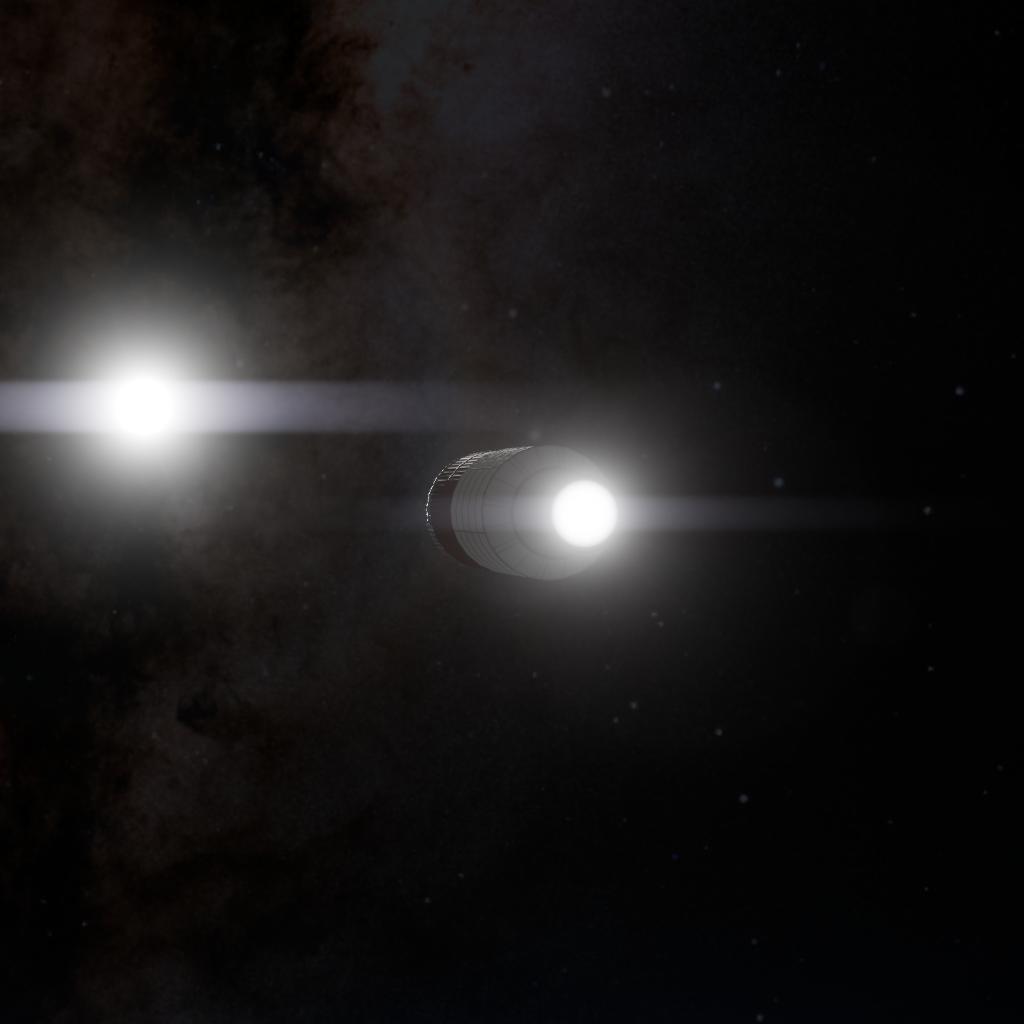
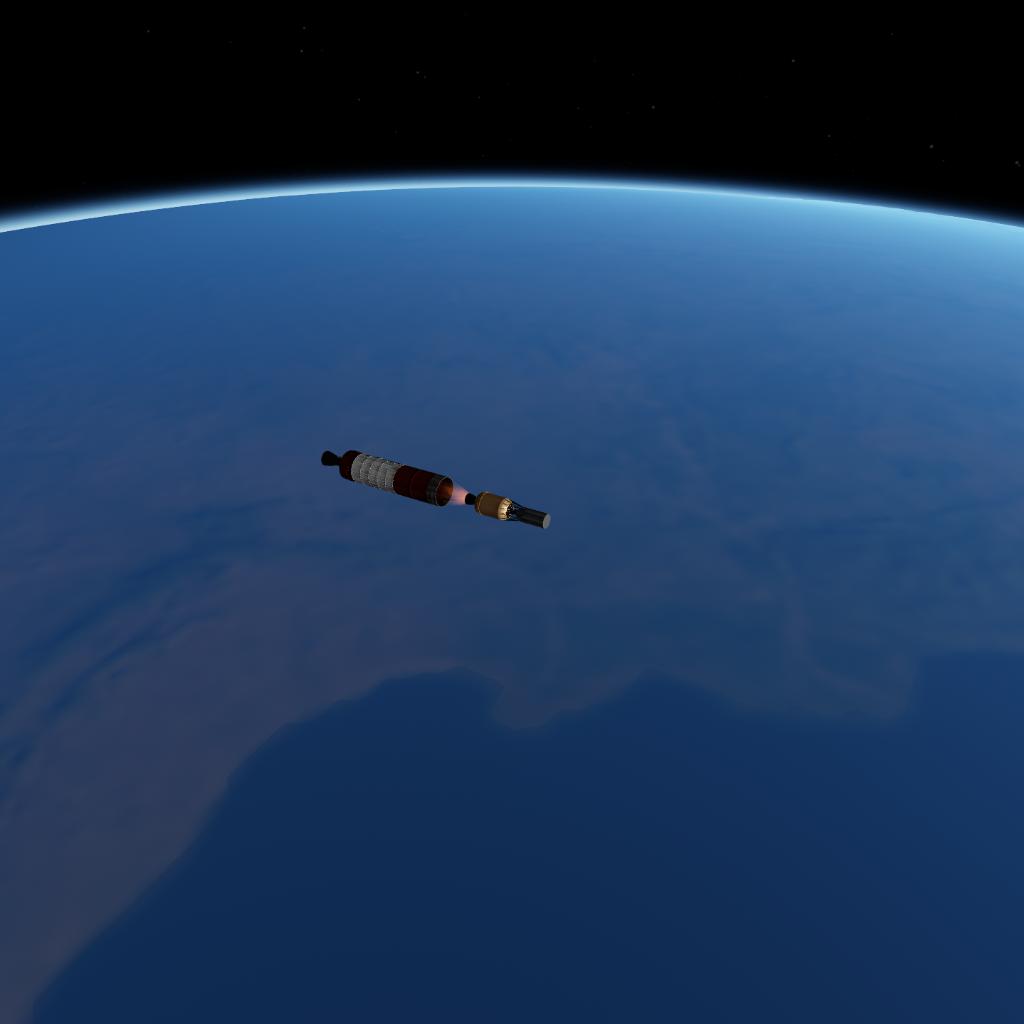
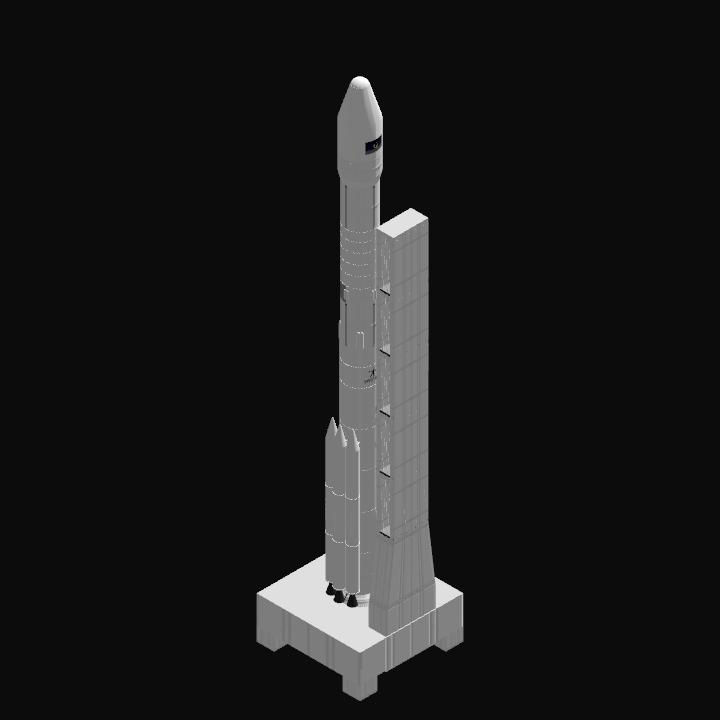
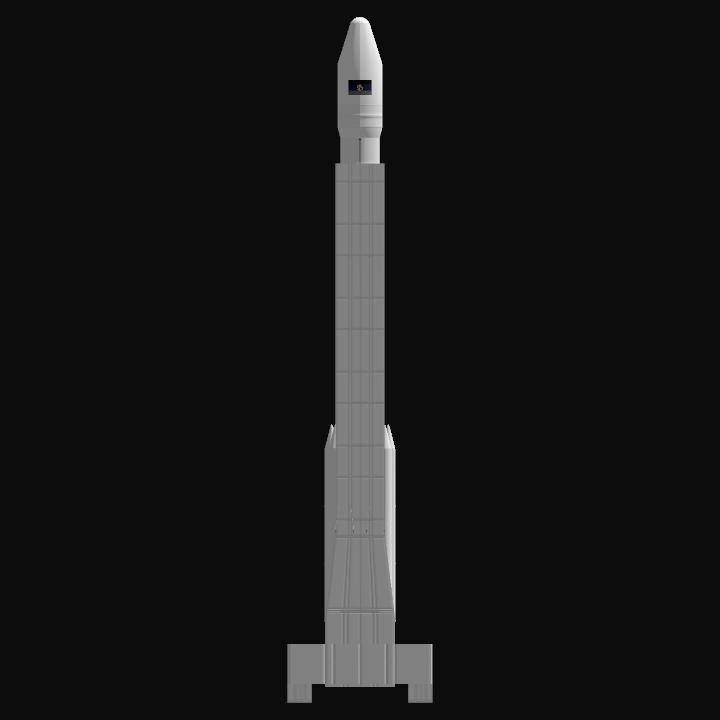
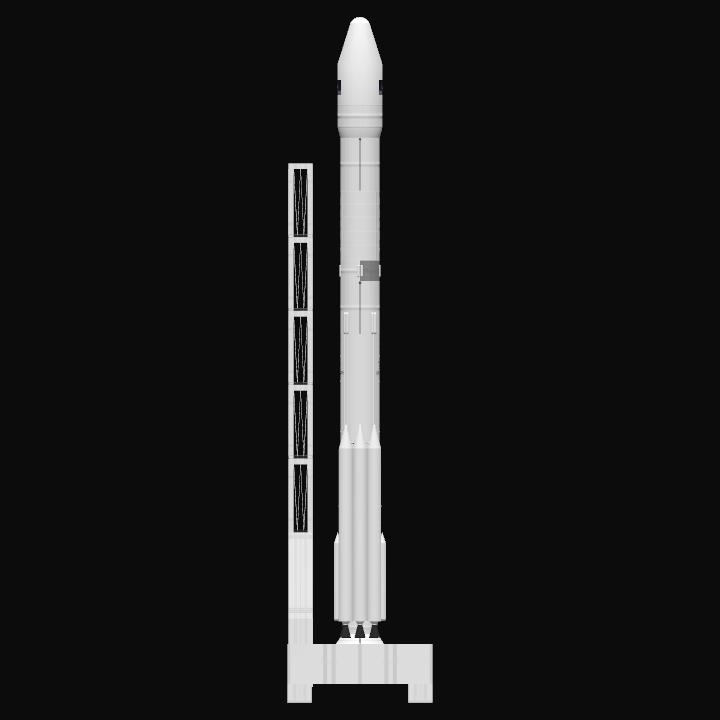
@OrionTechnologies As for the system, I use DeepFriedFrenchToast's RSS, but with a custom Satish Dhawaan launch pad. Also, you are probably right about the DII technology, especially for the strapons. I'll edit the description later.